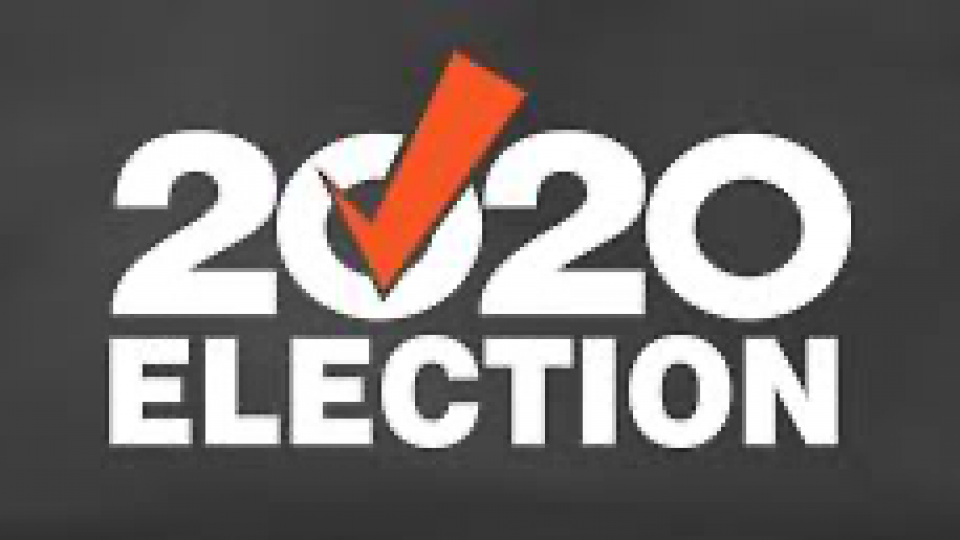
Chambers Ireland welcomed CSO employment figures while urging all Political Parties to ‘Think Small First’
Chambers Ireland welcomed CSO employment figures published on Tuesday, February 4th. which put Ireland in a solid position to face economic uncertainty in the coming months. However it urges all political parties to ‘Think Small First’.
Chambers Ireland CEO Ian Talbot said, “Adding to the existing Brexit uncertainty, recent polls suggest that piecing together a coherent programme for government after Saturday’s vote will be an extended and difficult affair.
It is essential that all parties recognise the role that business plays in supporting the ambitions of their manifestos. The vast majority of businesses have fewer than ten employees and many of them are very exposed to economic disruption. Chambers Ireland urges all parties to “Think Small First” and consider how their policies will impact on employment and the households of Ireland.”
In its GE2020 manifesto, Chambers Ireland calls for elected officials to support business with the national productivity challenge we face, through making training and childcare easier to access and with the introduction of a legal framework that supports flexible working.
Ian Talbot commented, “In every county of the country, SMEs, through the jobs they create, are the backbone of the domestic economy. We must ensure that they are supported, so they in turn can support sustainable cities, towns and communities.
We have also challenged our politicians to take urgent action to address our climate change challenge which we cannot continue to ignore. Significant infrastructural investment will be needed over the coming decade if we are to meet our climate action goals. The viability of these projects is dependent on steady growth in the economy and in exchequer returns.
A reduction in growth that is caused by issues such as global tax changes, increasing congestion in our cities and unbalanced regional development are among the issues that make our country vulnerable to economic shocks.
All parties need to address these challenges, financing them in ways that are sustainable. This can be achieved by supporting appropriate investment and facilitating the delivery of alternatives to carbon to ensure a just transition.”



